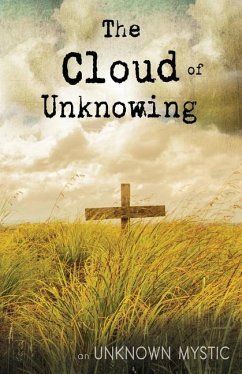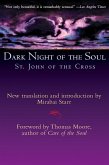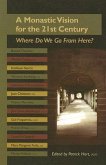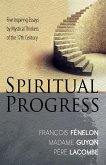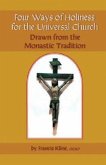"For of all other creatures and their works, yea, and of the works of God, a man may through grace have full knowledge, and well he can think of them. But of God Himself can no man think. And therefore, I would leave all that I can think, and choose to love what I cannot think. For He may well be loved, but not thought. By love may He be gotten and held, but by thought never."--The Cloud of Unknowing Few things are as eternal in this world as man's quest to better know and understand his Creator. Because the human mind is far too small to fully grasp the Almighty, believers who try to approach Him intellectually often "freeze up," entering into a "cloud of unknowing." But God is approachable. The Cloud of Unknowing dates back as far as the fourteenth century and has inspired generations of seekers in their efforts to connect with God. Created as a primer to instruct young monks to develop techniques for encountering God, its tone is not academic or austere but rather a loving call for believers to grow closer to God through meditation and prayer. If you desire to experience God in your heart, and yourself in God's heart, The Cloud of Unknowing will be a book to read and reread for a lifetime.
Hinweis: Dieser Artikel kann nur an eine deutsche Lieferadresse ausgeliefert werden.
Hinweis: Dieser Artikel kann nur an eine deutsche Lieferadresse ausgeliefert werden.

